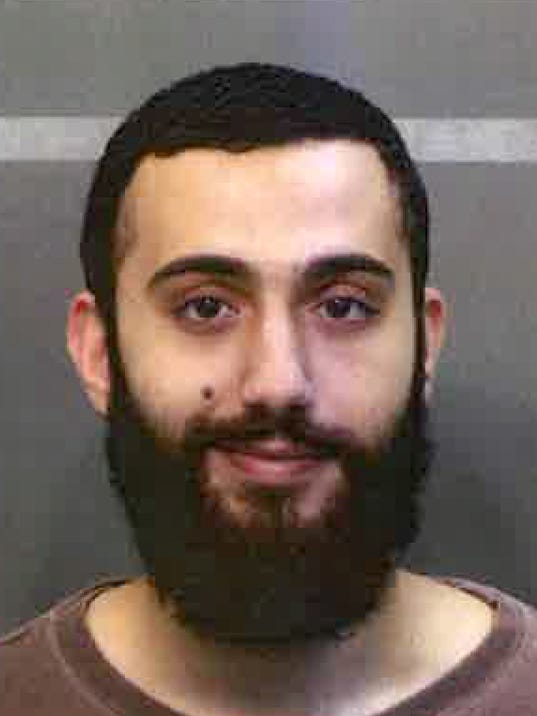Faced with a wave of potential homegrown terrorists, the FBI embarks on a new approach to help prevent people from turning violent
Faced with a wave of potential homegrown Islamic State supporters, the Federal Bureau of Investigation is embarking on a new approach with some suspects: putting them in counseling rather than handcuffs.
Federal and local officials working on counterterrorism say the logistical challenges posed by Islamic State’s propaganda—its slick online messages are readily available to anyone—make it difficult to address the problem solely through traditional investigations.
Proponents of the intervention model say it provides a possible “off ramp” from radicalization and addresses a hard truth: The FBI cannot effectively investigate all of the thousands of Americans who are believed to be interested in Islamic State, also known as ISIS.
 |
| Yeah ...All I needed was a little counseling .... someone to talk nice to me and help me change my evil ways. I'm sure that would have worked |
The challenge is particularly acute for teenage suspects, because the federal criminal justice system is poorly equipped to prosecute minors, officials said.
“Nobody wants to see a 15-year-old kid go to jail if they don’t have to,’’ said one official working on the effort. That official said that when the FBI recommends a potential suspect for counseling, the criminal investigation will continue and agents will be prepared to make an arrest if they believe the person becomes more dangerous.
The issue has sparked an intense debate inside federal law enforcement, where many fear deadly consequences if they misjudge a suspect who is sent to counseling instead of being arrested.
“I get the principle, but there are a lot of potential problems with this, and I think it’s a wrong move,’’ said Peter Ahearn a former FBI counterterrorism agent. “I’m not saying it shouldn’t be done but it shouldn’t be done by the FBI. That’s not the mission.’’Read the rest of the story HERE.
If you like what you see, please "Like" us on Facebook either here or here. Please follow us on Twitter here.



No comments:
Post a Comment